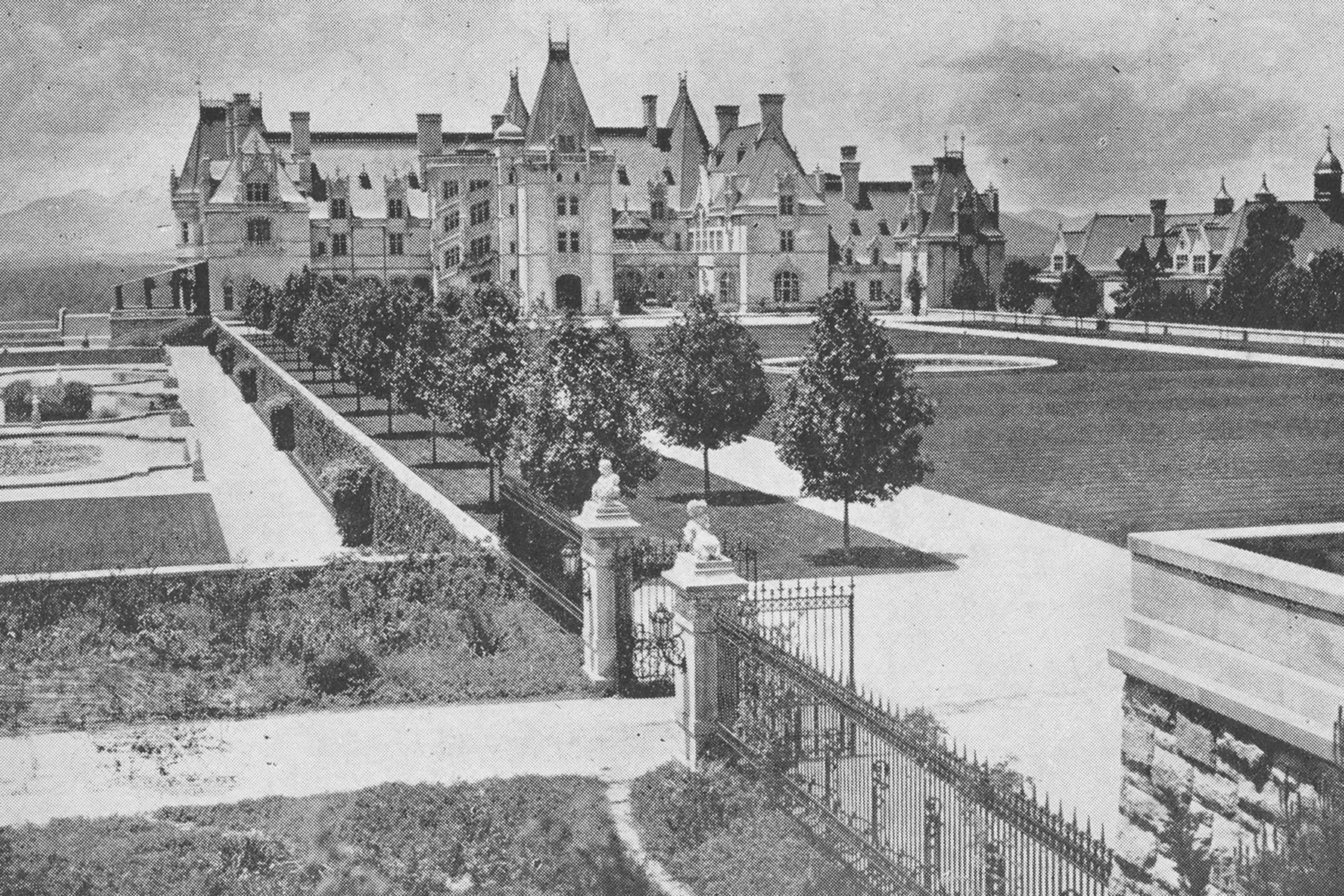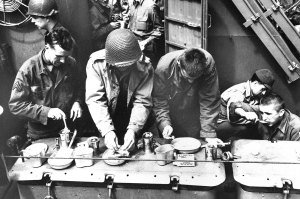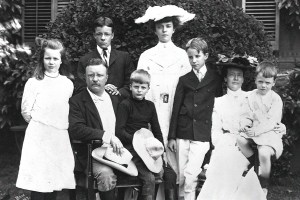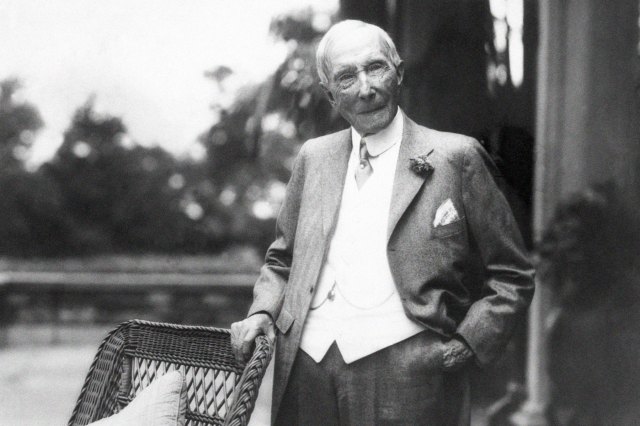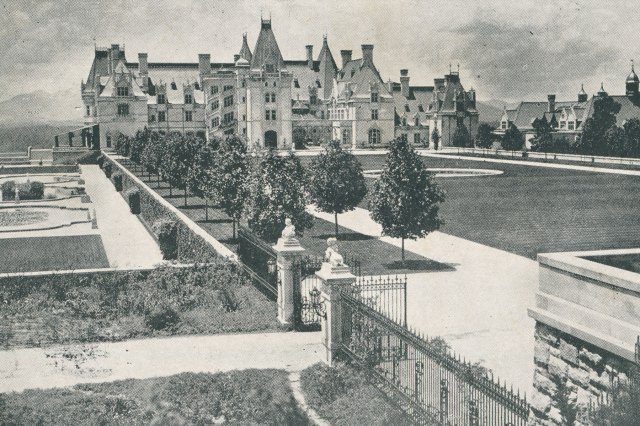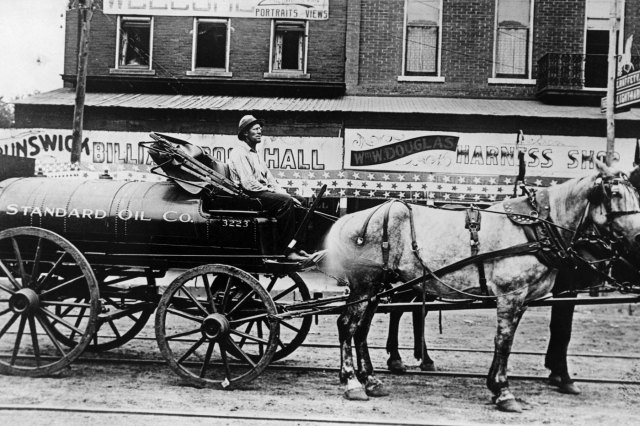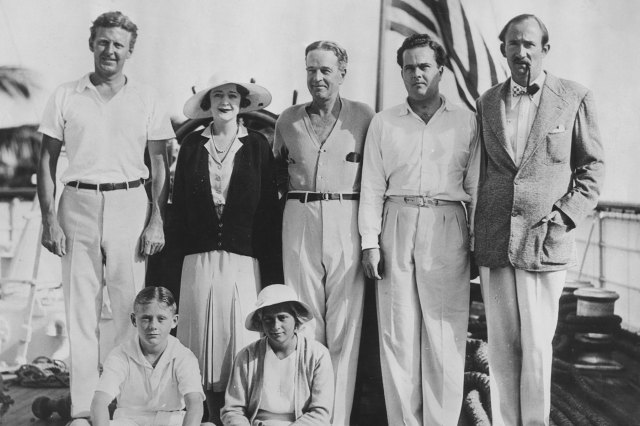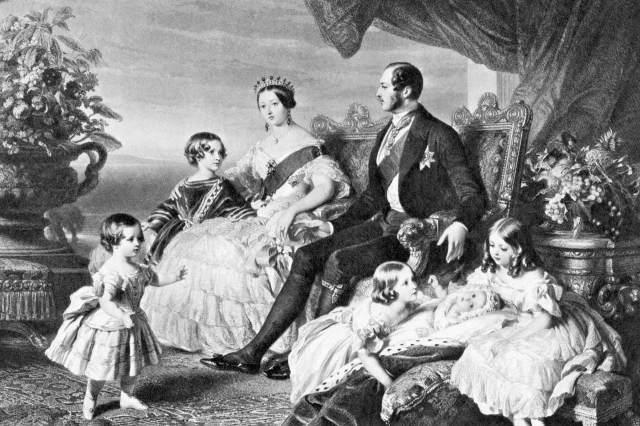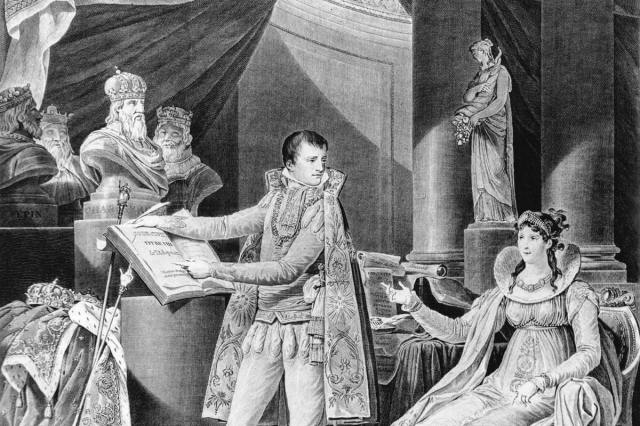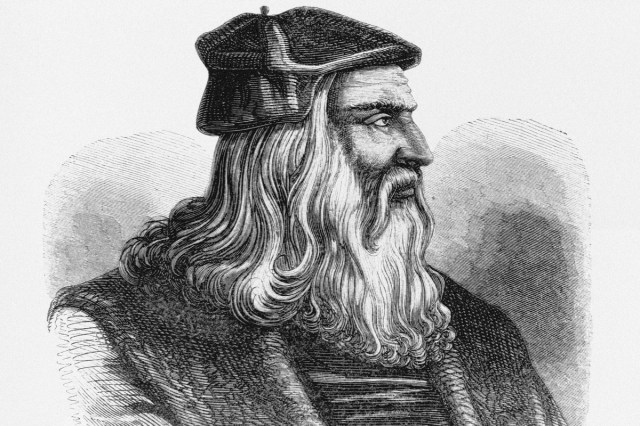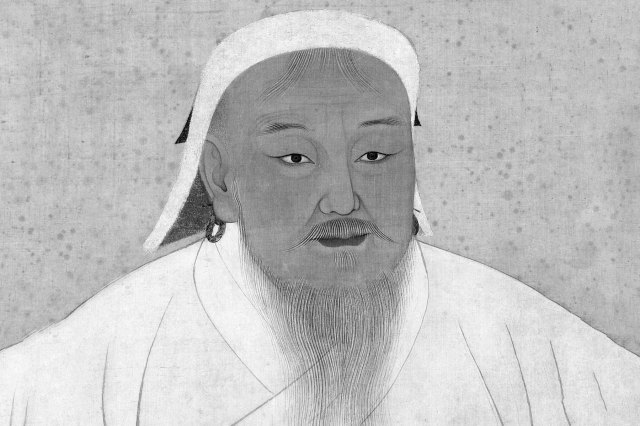6 Facts About the Vanderbilts and Rockefellers
The United States may not have a royal family, but it has a number of influential family dynasties that have intrigued the public for centuries. Two families in particular, the Vanderbilts and the Rockefellers, are household names whose self-made fortunes made them two of the richest and most powerful American families in history. The Vanderbilts, led by Cornelius Vanderbilt’s railroad empire, amassed staggering wealth during the Gilded Age in the late 19th century. The Rockefellers, meanwhile, propelled by John D. Rockefeller’s dominance of the oil industry, made a large impact with their philanthropy and preservation. Although their ascendence is similar, their legacies ended up looking a little bit different in the end.
Rockefeller and Vanderbilt’s massive business ventures not only amassed them unprecedented personal wealth, but boosted the country’s industrial economy. At the same time, their reputations as “robber barons” emerged, amid criticisms that their successes came at the expense of fair competition, workers’ rights, and ethical standards. At the time, many Americans were living in poverty, a stark contrast to the glitzy guise of the Gilded Age that these wealthy families propped up.

John D. Rockefeller Was America’s First Billionaire
A century before Bill Gates and Jeff Bezos, there was John D. Rockefeller. When he was just 12 years old in rural New York, Rockefeller loaned a neighbor $50 of his own hard-earned money. When he received it back the next year with interest, he decided at that moment to let his money work for him instead of the other way around. This foresight and financial acumen lasted him a lifetime, helping him shape the landscape of American business and become the country’s first billionaire.
Trained and working as a bookkeeper by 16 years old, Rockefeller started his own company in agricultural trade within a few years. Through that business, he decided that the true future of industry was in moving raw materials, and at 24 years old, he moved into the oil business. Rockefeller went on to pioneer the American oil industry by founding Standard Oil (later dissolved into Exxon, Chevron, and more). Although his business practices faced their fair share of accusations and criticisms over the years — including colluding to control the price of oil and creating a monopoly by buying competing refineries — Rockefeller amassed an unprecedented $1.4 billion net worth by the time of his death in 1937 (almost $30 billion today). As much as he made, he gave plenty away, too — his philanthropic gifts over the years totaled $530 million.
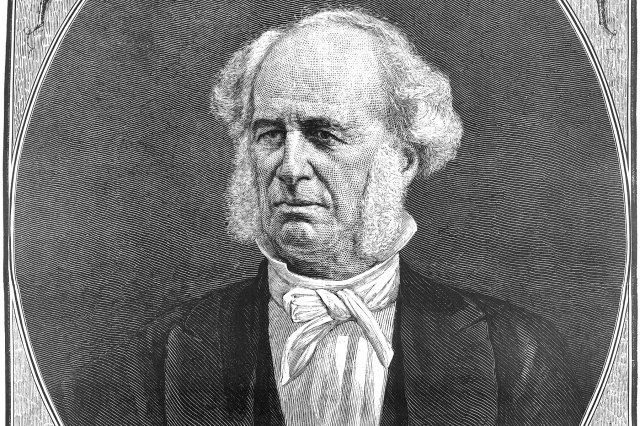
Cornelius Vanderbilt Had Virtually No Education
He’s a towering figure in American business history, but Cornelius Vanderbilt had little formal education. Born the fourth of nine children in Staten Island, New York, in 1794, Vanderbilt was pulled out of school to work on his father’s shipping boat when he was just 11 years old. By the time he was 16, “the Commodore,” as he became known, had bought his own boat to ferry cargo around the New York Harbor. He got a job in the steamship industry and eventually went into business for himself.
Vanderbilt’s aggressive professional approach helped him accrue wealth quickly, and in the 1840s, he built the first of many large homes the family owned in New York (and elsewhere). When the California gold rush struck, Vanderbilt saw an opportunity: He launched a shorter steamship route from New York to San Francisco than had previously existed. It was an instant success, earning more than $1 million in one year (that’s almost $40 million today). Around this time, Vanderbilt also began to manage the railroads that connected textile mills on the East Coast to shipping ports. The shipping tycoon with no formal education also became a railroad tycoon.





